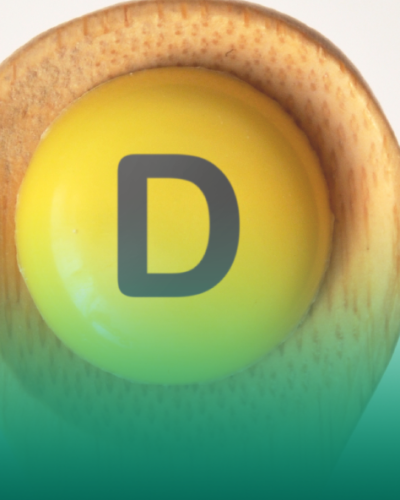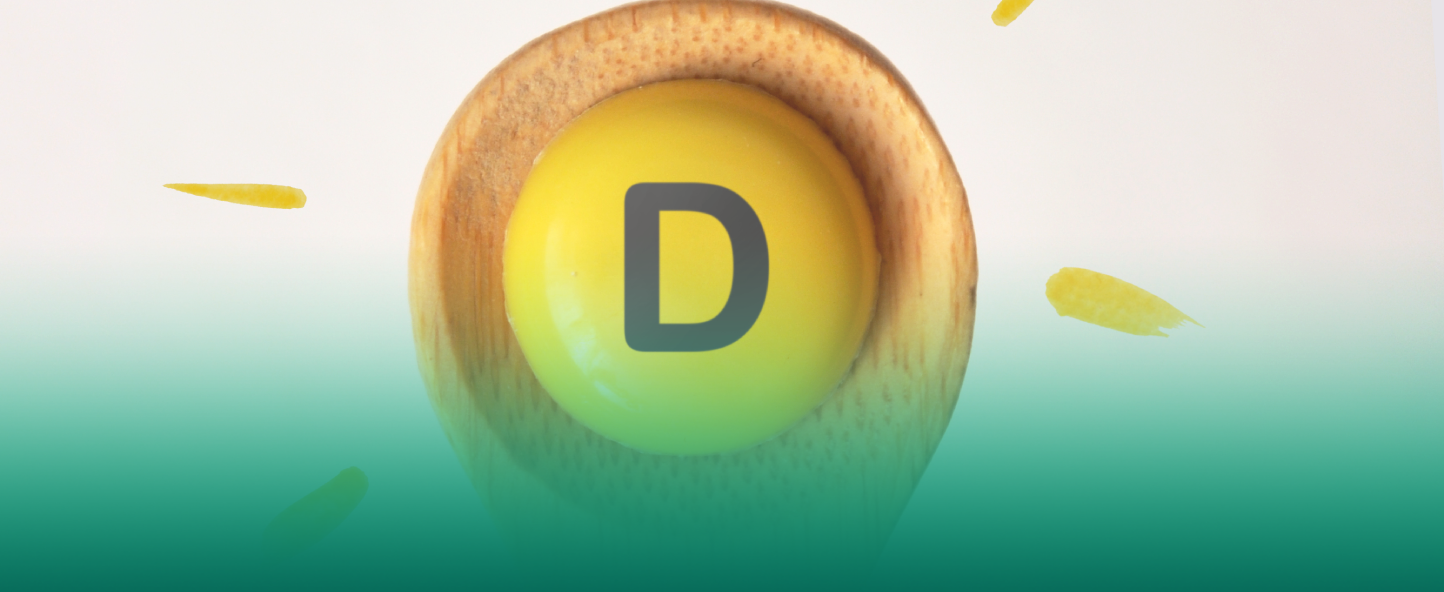Myth 1. You can only get enough vitamin D by sunbathing
This statement has long been untrue. Nowadays, due to increased ultraviolet radiation and environmental pollution, the body’s synthesis of vitamin D may be insufficient. Factors such as skin color, time of day and geographic location, and use of sunscreens can reduce the body’s production of vitamin D. Therefore, it is important to consider these factors and, if necessary, take special supplements.
Myth 2. Without symptoms there is no deficiency
This is a myth that can have serious consequences. Even if there are no obvious symptoms, this does not mean that the level of vitamin D in the body is normal. Vitamin D deficiency can be asymptomatic, but at the same time cause various complications, such as impaired bone mineralization and decreased immunity. Regular testing and consultation with your doctor can help identify deficiency and prevent its negative consequences.
Common symptoms of vitamin D deficiency include fatigue, irritability, and frequent illness. However, these same symptoms may indicate other deficiencies, such as iron.
Myth 3. Frequent tanning is harmful to the body
Modern research shows that to stimulate the synthesis of vitamin D, it is necessary to receive too high a dose of ultraviolet radiation, which can be harmful to the skin. Moreover, the pigment that forms in the skin after tanning blocks further synthesis of vitamin D. Thus, excessive exposure to the sun does not increase the supply of vitamin D in the body.
Myth 4. Standard dosages of vitamin D are suitable for everyone
In fact, standard dosages of vitamin D will not be sufficient for everyone. Depending on age, geographic location and individual characteristics of the body, the need for vitamin D may vary. Therefore, it is important to obtain recommendations from a doctor and, if necessary, adjust the dosage.
Myth 5. Vitamin deficiency occurs in spring
With the development of international trade, access to vegetables and fruits has become year-round. Therefore, spring vitamin deficiency is not as relevant today as it used to be. However, if you feel unwell in the spring, it is important to consult a doctor and, if necessary, undergo testing for deficiencies. Taking vitamins on your own without consulting a doctor can be ineffective and even harmful.
Myth 6. Dietary supplements replace medications and a healthy diet
Dietary supplements should not replace medications and a balanced diet. They can be useful additions to a healthy lifestyle, but cannot replace a holistic approach to strengthening the body.
Myth 7. Dietary supplements can completely cover the need for nutrients
Although dietary supplements can be helpful, they are not a complete replacement for nutrition. A healthy and balanced diet remains a key element in maintaining health and vitamin balance in the body.






